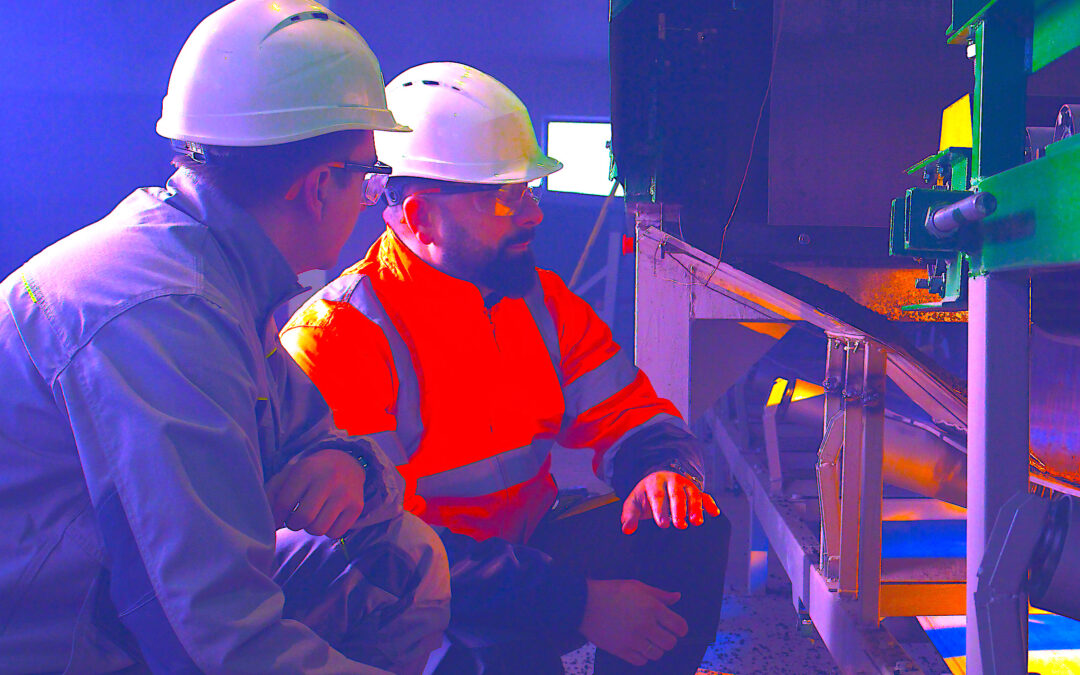Reliability improvement in some plants is far from business as usual, especially when departments and staff are shorthanded. The key is to stay focused on solving the most compelling problems, one step at a time. And that can be a challenge by itself.
I’m reminded of a conversation with a very frustrated, relatively new maintenance manager in a fairly small manufacturing plant. This guy was quite experienced in ways to reduce breakdowns and improve reliability. That’s why he had been hired several months prior to the “incident.”
The maintenance crew was stretched thin on any normal day. Extra troubleshooting tasks aimed at eliminating problems rather than just patching things up took additional time and effort. But, as the maintenance manager explained, “if we can’t get to the root cause of some of these chronic problems, we’ll never have a reliable plant.”
One morning, a secretary called the maintenance manager and asked to have the oil in the plant manager’s car changed that day. The maintenance manager responded, “We don’t change oil in cars here,” and hung up to return to the crew. Shortly thereafter, the secretary called back and again asked to have the plant manager’s oil change done right away. As before, the maintenance manager replied, “We don’t change oil in cars here,” and hung up to return to the crew.
About an hour later, the phone rang again. This time, it was the plant manager, himself, asking to have his car’s oil changed. And again, the maintenance manager responded (a bit more diplomatically), “I’m terribly sorry, sir, but we don’t change oil in cars here,” and hung up to return to the crew.
Five minutes later, the plant manager and his secretary confronted the maintenance manager on the plant floor and demanded that the car’s oil be changed immediately. It wasn’t the type of conversation to have in front of production folks and maintenance crew members who were trying to address a problem. Yet, the plant manager persisted.
The ensuing debate can be summed up like this: “The maintenance department has always changed the oil in my car, and now you’re refusing to do that? Yes, sir, I am. Do you want to continue to work here? Yes, sir, I do. But we’re trying to get this production line running again and not just patch it together like you’ve always done here. We’re trying to solve the problem once and for all. And with such a small crew, I must make a choice. As I told you and your secretary, ‘We don’t change oil in cars here. Period.’ If this line doesn’t continue to run as it should, we would lose paying customers, be unable to stay in business, begin laying off employees, and, if you were still here, you probably couldn’t afford to change the oil in your car. So please, just take the vehicle to the oil-change shop downtown. And let us get this plant up and running the way it should.”
Yes, the maintenance manager was on thin ice with his responses. But he was right.
If you always do what you’ve always done, you’ll always get what you always got. Sometimes, change upsets tradition. Sometimes, reliability is a whole new paradigm.TRR
ABOUT THE AUTHOR
Bob Williamson is a long-time contributor to the people-side of the world-class-maintenance and manufacturing body of knowledge across dozens of industry types. His background in maintenance, machine and tool design, and teaching has positioned his work with over 500 companies and plants, facilities, and equipment-oriented organizations. Contact him directly at 512-800-6031 or bwilliamson@theramreview.com.
Tags: reliability, availability, maintenance, RAM, leadership, workforce issues, training and qualification



